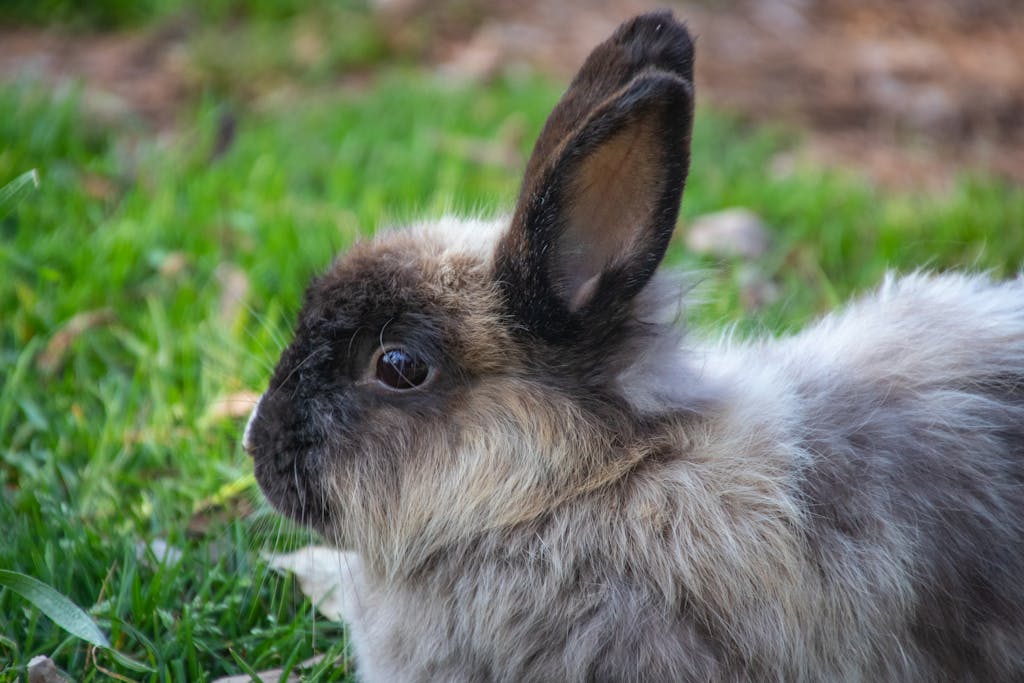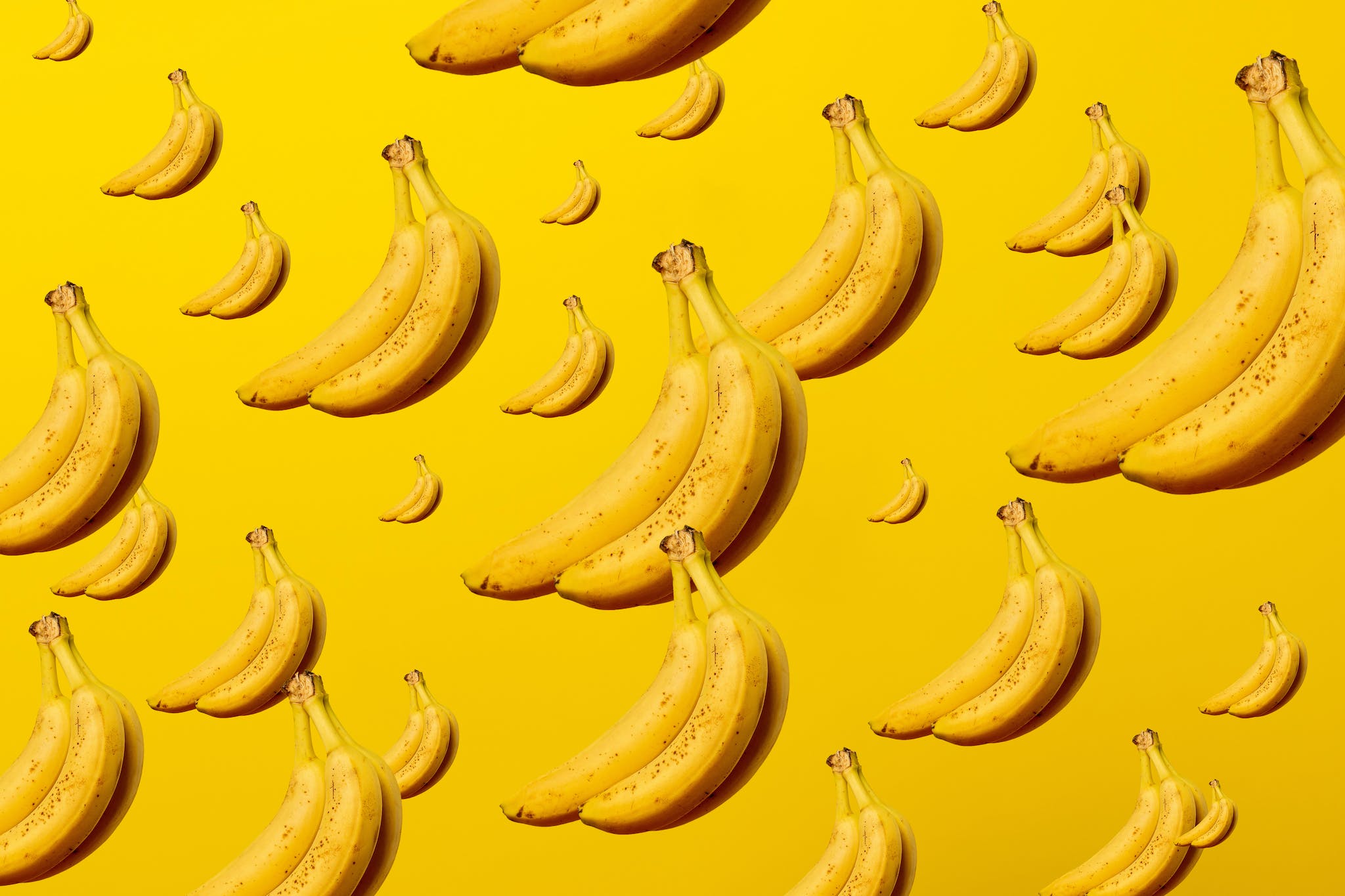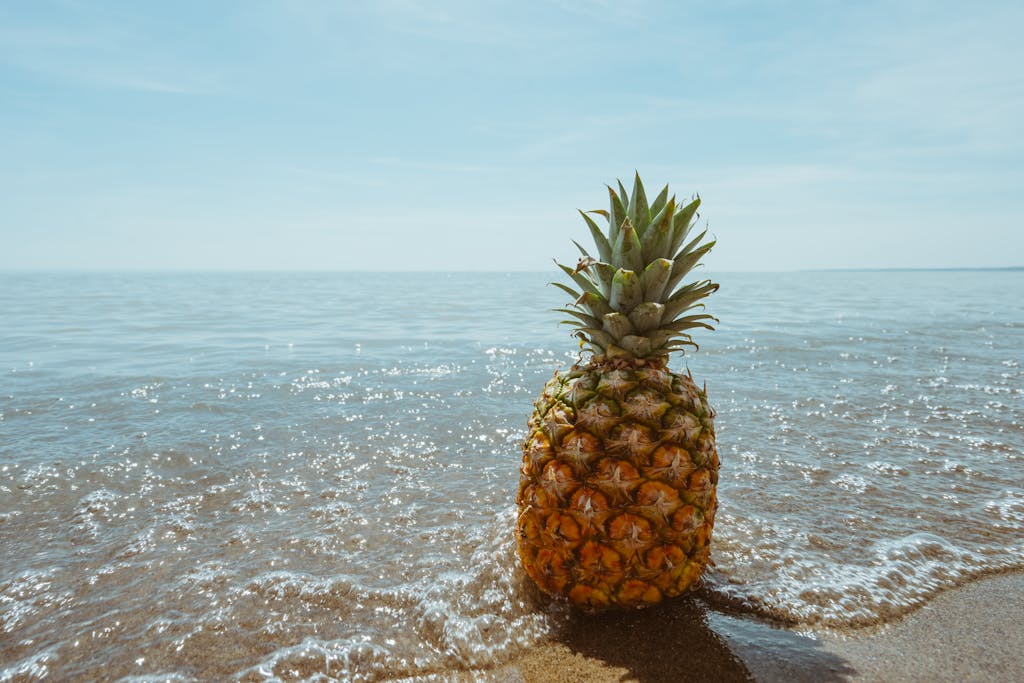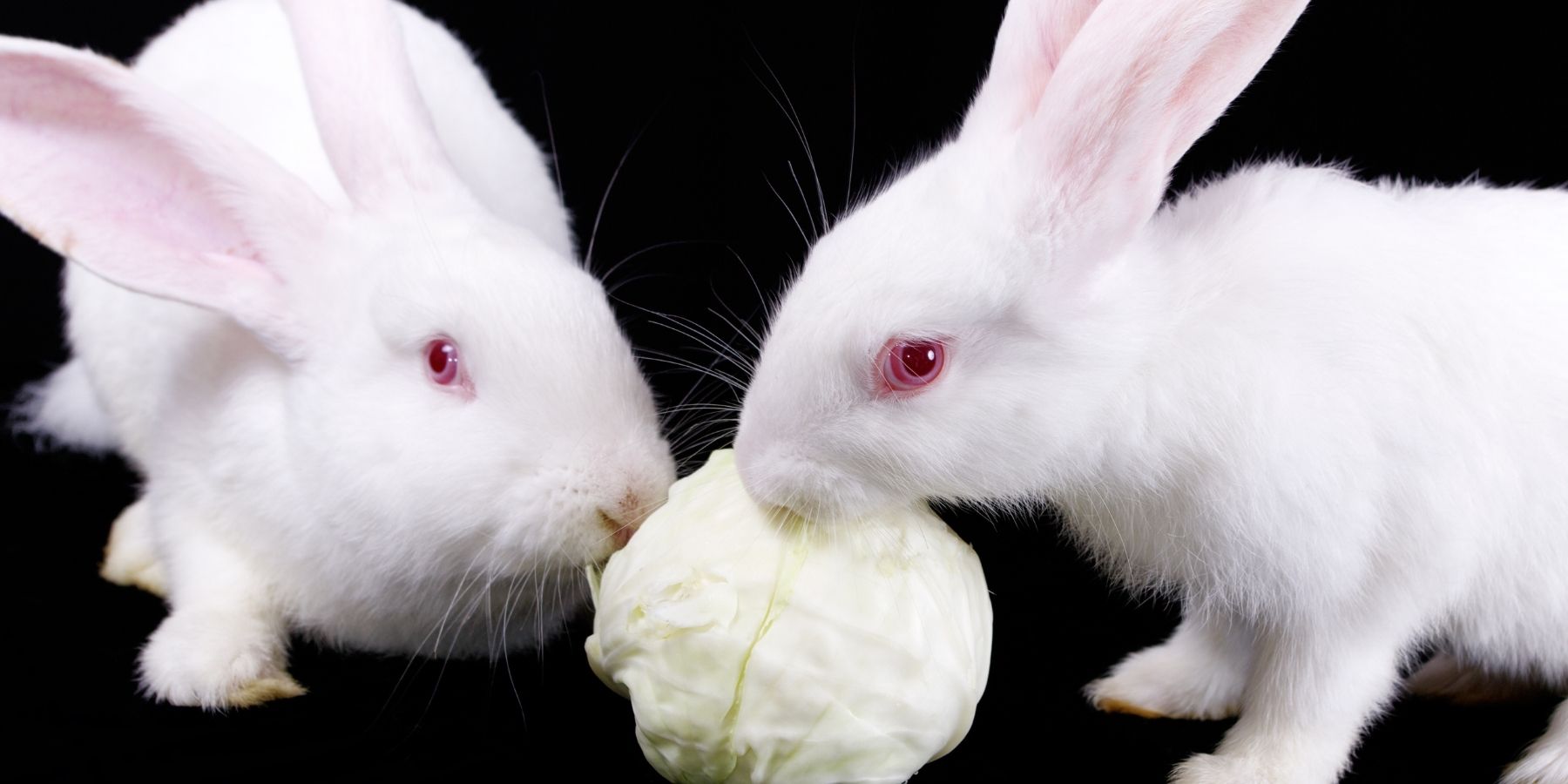What Greens Can Rabbits Eat
There are some affiliate links below, but they are all products I highly recommend. For more info, view my disclosure here.
Rabbits are herbivores and require a diet that is high in fiber and low in fat to maintain good health. A diet that consists mainly of hay, fresh vegetables, and leafy greens is essential for their well-being. However, not all greens are safe for rabbits to eat, and it’s crucial to know which ones are safe and which ones are not.
Leafy greens are an essential part of a rabbit’s diet, and they provide essential nutrients such as vitamins A and K, calcium, and fiber. However, not all leafy greens are safe for rabbits to eat, and some can even be toxic. It’s important to do your research and ensure that the greens you feed your rabbit are safe for them to consume.
When it comes to feeding your rabbit, it’s important to provide a varied diet that includes a mix of hay, fresh vegetables, and leafy greens. This will help ensure that your rabbit is getting all the nutrients they need to stay healthy. We will discuss what greens rabbits can eat and which ones to avoid, so you can provide your rabbit with a healthy and balanced diet.
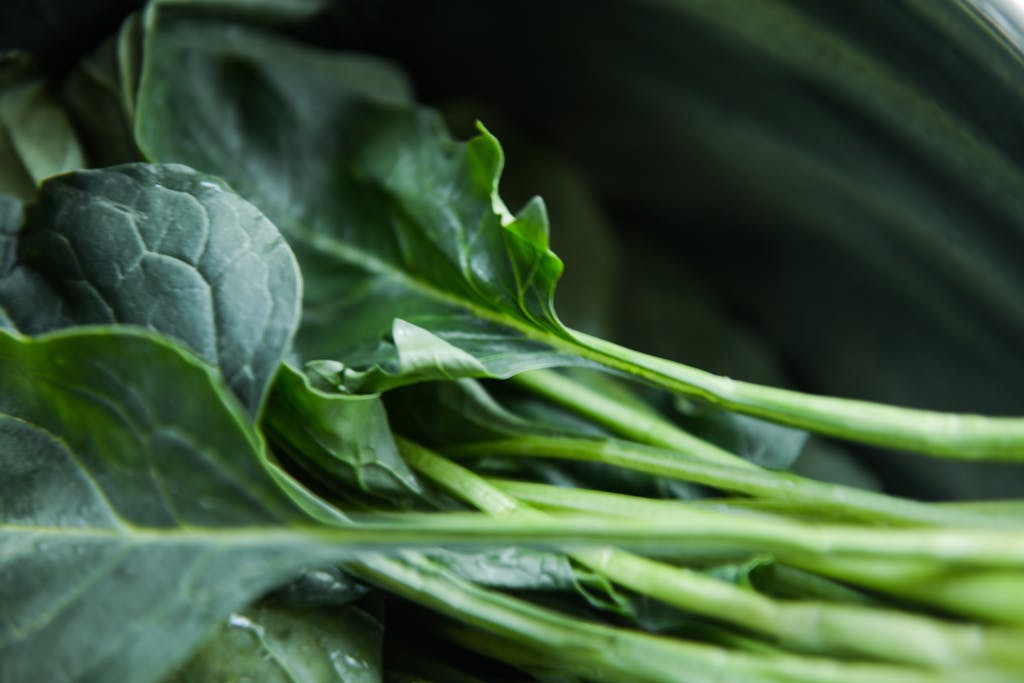
Essential Components of a Rabbit’s Diet
Rabbits are herbivores, which means their diet should consist mainly of plant-based foods. A balanced diet for a rabbit includes hay, fiber, vegetables, leafy greens, pellets, and water. Each of these components plays a crucial role in maintaining your rabbit’s health and well-being.
The Role of Hay
Hay is an essential component of a rabbit’s diet. It provides fiber, which is essential for maintaining healthy digestion. Hay also helps wear down a rabbit’s constantly growing teeth, preventing dental problems. The best type of hay for rabbits is Timothy hay, but other options include orchard grass, brome, and oat hay.
Importance of Fiber
Fiber is crucial for a rabbit’s digestive health. It helps move food through the digestive tract, preventing blockages and other digestive problems. In addition to hay, other sources of fiber include fresh vegetables, leafy greens, and pellets.
Vegetables and Leafy Greens
Vegetables and leafy greens are an important source of vitamins and minerals for rabbits. Some of the best options include kale, spinach, parsley, watercress, and dandelion greens. However, it’s important to introduce new vegetables and greens gradually, as sudden changes to a rabbit’s diet can cause digestive upset.
A balanced diet for a rabbit includes hay, fiber, vegetables, leafy greens, pellets, and water. Each of these components plays a crucial role in maintaining your rabbit’s health and well-being. By providing your rabbit with a varied diet that includes these essential components, you can help ensure a happy and healthy life for your rabbit.
Safe Leafy Greens for Rabbits
Rabbits are herbivores and require a diet rich in leafy greens. However, not all greens are safe for rabbits to consume. In this section, we will discuss the varieties of lettuce, beneficial dark leafy greens, and herbs that are safe and nutrient-rich options for your rabbit.
Varieties of Lettuce
Lettuce is a popular leafy green that rabbits can safely consume. However, not all lettuce varieties are created equal. Romaine lettuce is a great choice as it is high in fiber and low in calcium, which can be harmful to rabbits in large amounts. Other safe lettuce varieties include green lettuce and arugula.
Beneficial Dark Leafy Greens
Dark leafy greens are packed with nutrients that are essential for a rabbit’s health. Kale, dandelion greens, and mustard greens are all safe options. Swiss chard is another excellent choice as it is high in vitamins A and C, which are important for maintaining a healthy immune system.
Herbs as Nutrient-Rich Options
Herbs are a great addition to a rabbit’s diet as they provide a variety of nutrients. Parsley, cilantro, and basil are all safe options that are rich in vitamins and minerals. These herbs can help freshen your rabbit’s breath.
Leafy greens are an essential part of a rabbit’s diet. By providing your rabbit with safe greens such as romaine lettuce, kale, parsley, and cilantro, you can ensure that they are receiving the necessary nutrients for a healthy life.
Vegetables to Include in Moderation
As a rabbit owner, you want to ensure that your rabbit is getting a balanced diet that includes a variety of vegetables. While many vegetables are safe for rabbits to eat, some should be given in moderation to avoid digestive issues. Here are some vegetables to include in moderation:
Cruciferous Vegetables and Gas
Cruciferous vegetables, such as broccoli and cauliflower, are safe for rabbits to eat in moderation. However, they can cause gas and bloating if given in large amounts. It’s best to limit these vegetables to a small portion once or twice a week.
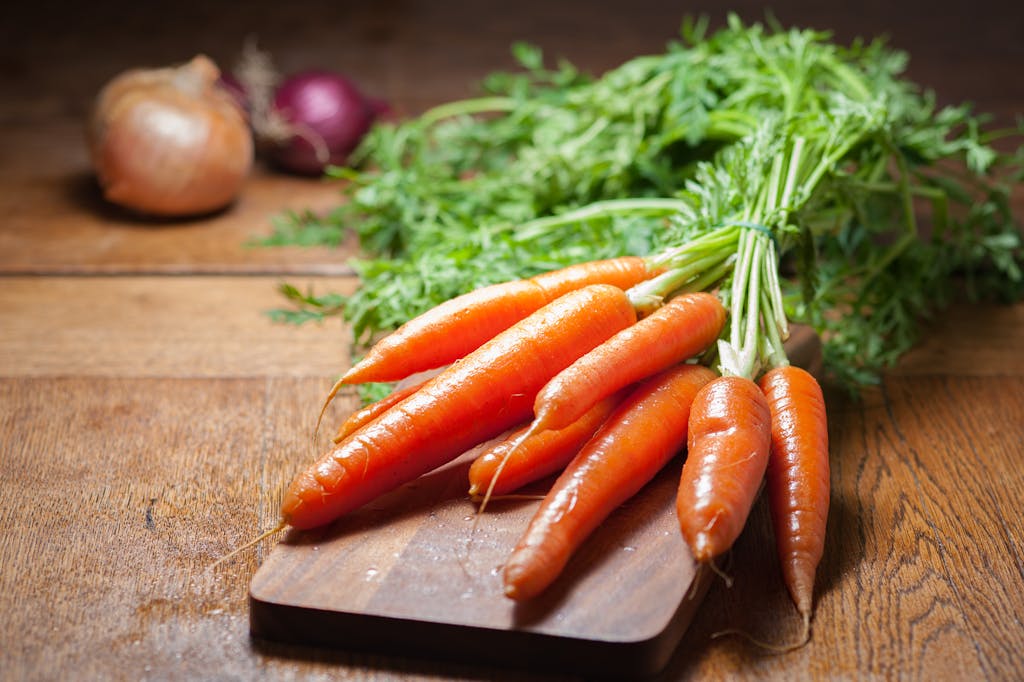
Starchy and Sugary Vegetables
Starchy and sugary vegetables, such as carrots and bell peppers, can be given to rabbits in moderation. While they are a good source of vitamins and minerals, they are also high in sugar and should not be given in large amounts. It’s best to limit these vegetables to a small portion once or twice a week.
When feeding non-leafy vegetables, it’s important to wash them thoroughly and cut them into small pieces to make it easier for your rabbit to eat. Celery and cucumber are also safe for rabbits to eat in moderation, but should be given sparingly as they are low in nutrients and high in water content. Zucchini is another safe option, but should be given in small amounts due to its high water content.
It’s important to offer a variety of vegetables to your rabbit, but be sure to give them in moderation to avoid digestive issues. By following these guidelines, you can ensure that your rabbit is getting a balanced and healthy diet.
Understanding the Risks and Limitations
As you consider what greens to feed your rabbit, it’s important to understand the risks and limitations associated with their diet. While rabbits can consume a variety of greens, there are certain foods that can be harmful to their health.
Foods to Avoid
When it comes to feeding your rabbit greens, there are some foods you should avoid. These include onions, garlic, chocolate, bread, and crackers. These foods can cause digestive issues and other health problems in rabbits.
Rabbits are also sensitive to sugar, so it’s important to limit their intake of fruits and other sugary foods. While yogurt can be a good source of probiotics, it’s important to choose plain yogurt without added sugars or artificial sweeteners.
Monitoring for Health Issues
While feeding your rabbit greens, it’s important to monitor their health for any issues. Diarrhea or soft stools can be a sign that your rabbit is consuming too much of a certain type of green or is not getting enough fiber.
Calcium and oxalic acid are also important considerations when feeding your rabbit greens. Too much calcium can lead to urinary problems, while too much oxalic acid can lead to kidney stones. It’s important to choose greens that are low in both calcium and oxalic acid to avoid these health issues.
It’s important to consider the presence of pesticides on your greens. Choose organic greens whenever possible to reduce your rabbit’s exposure to harmful chemicals.
By understanding the risks and limitations associated with feeding your rabbit greens, you can help ensure that they maintain a healthy and balanced diet.
Incorporating Treats and Supplements
As you feed your rabbit their daily greens, you may also want to include occasional treats and supplements to their diet. Here are some things to keep in mind when incorporating these into their meals.
Fruits as Occasional Treats
While rabbits primarily eat greens, they can also enjoy fruits as an occasional treat. Fruits are high in sugar, so it’s important to limit their intake to prevent obesity and other health issues. Some safe fruits for rabbits include apples and bananas. Make sure to remove any seeds or pits before feeding them to your rabbit.
Understanding Commercial Pellets
Commercial pellets can provide your rabbit with essential vitamins, minerals, and antioxidants. However, not all pellets are created equal. Look for organic options that contain phytonutrients and avoid those with added sugars or fillers. Pellets should make up no more than 5-10% of your rabbit’s diet, with the majority of their food coming from fresh greens and hay.
By incorporating occasional treats and high-quality supplements into your rabbit’s diet, you can ensure they are getting the necessary nutrients to maintain their health and happiness.

